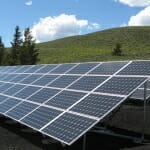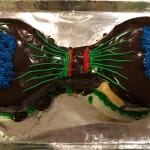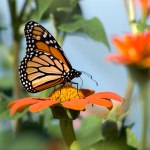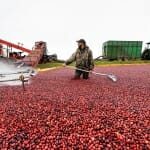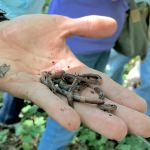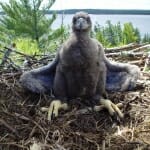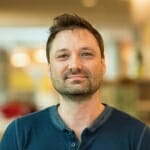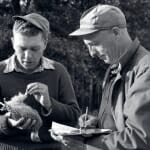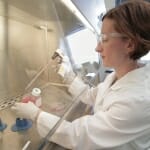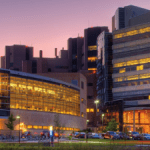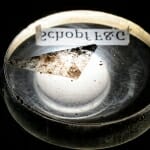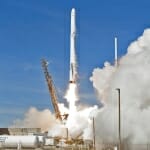Category Science & Technology
Report: Focusing on advanced energy sensors and controls could mean 44,000 jobs for Wisconsin
With targeted investments and forward-looking policies, Wisconsin could capitalize on its strengths in sensors and controls for the advanced energy industry to drive economic growth and support over 44,000 jobs annually. Read More
Cakes make for delicious, approachable science outreach
For 14 years, Ahna Skop, a professor of genetics, has baked a cake to celebrate each of her lab’s academic publications and graduating students. Read More
UW Arboretum joins the Monarch Joint Venture
The first arboretum to partner with the MJV, the UW Arboretum joins more than 70 other partner institutions dedicated to researching monarch butterflies, conserving their habitat, and educating about the charismatic insects. Read More
Radar adds technological twist to age-old cranberry counting process
UW electrical and computer engineers, acting on an idea from a Wisconsin cranberry grower, have developed a device to make a laborious, time-consuming process more efficient. Read More
Invasive worms spreading in Arboretum forests, limited effects so far
Despite Asian jumping worms’ known appetite for leaf litter and tendency to change soil nutrients, researchers found limited evidence of changes to vegetation in areas where the worms have invaded the UW–Madison Arboretum. Read More
Waisman research into rare syndrome offers hope for families
Waisman Center research into the molecular mysteries of Rett Syndrome may ultimately help an 8-year-old girl who suffers from the rare neurological disorder. Read More
Lethal management of wolves in one place may make things worse nearby
Farms that had a wolf killed experienced a 27 percent decrease in risk of another attack, but it was offset by a 22 percent increase at a number of farms in the same township. Read More
Scouting the eagles: Evidence that protecting nests aids reproduction
Reproduction among bald eagles in a remote national park in Minnesota was aided when their nests were protected from human disturbance, according to a new study. Read More
Wisconsin corridor turns testbed for connected vehicle technology
A team of UW–Madison researchers and Madison traffic engineers are establishing a testbed for a connected vehicle corridor on Madison's Park Street, to explore the future of transportation technology. Read More
New stem cell method sheds light on a telltale sign of heart disease
A regenerative biology team at the Morgridge Institute for Research led by Dave Vereide unexpectedly unearthed a powerful new model for studying a hallmark of vascular disease. Read More
Lake Michigan waterfowl botulism deaths linked to warm waters, algae
UW-Madison researchers, with the help of citizen scientists, tracked bird deaths along Lake Michigan, and found that warm waters and algae apparently promoted the growth of botulism toxin-producing bacteria that caused them. Read More
Breaking up (protein complexes) is hard to do, but new UW study shows how
A new study identified the structural basis for how tightly bound protein complexes are broken apart to become inactivated. Read More
Cracking the code of coenzyme Q biosynthesis
A research group is chipping away at many of these knowledge gaps in CoQ production and in understanding the role of CoQ deficiency in human diseases. Read More
Progress made toward treatment for rare, fatal neurological disease
Promising results in the lab and in animal models could set the stage for developing a treatment for Alexander disease, a rare and usually fatal neurological disease with no known cure. Read More
Zero gravity plant growth experiments delivered to space station
Plants were delivered to the International Space Station as part of a UW–Madison study of how plants respond to low-oxygen environments created by changes in how water and air behave in zero gravity. Read More

